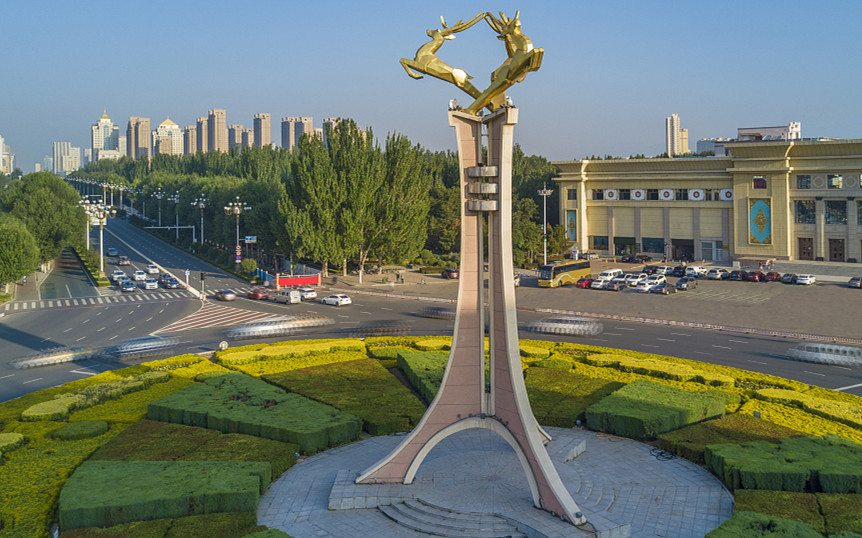Baotou advances its development as a zero-waste city
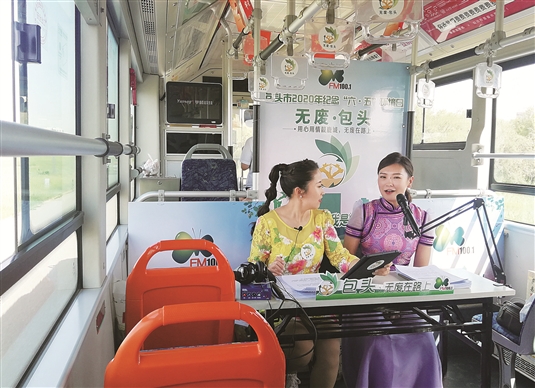
A host promotes the concept of a zero-waste city to her audience, in the form of a livestreaming event on a bus tour. [Photo/Baotou Daily]
Baotou in North China’s Inner Mongolia autonomous region has been advancing its development as a zero-waste city, with big efforts being made in related projects, according to local media reports.
A zero-waste city is an advanced urban development and management model that aims to promote ecofriendly lifestyles, minimize waste, strengthen recycling programs and ensure that harmful waste is not released into the environment.
In January 2019, the General Office of the State Council -- China’s Cabinet -- issued the Pilot Work Plan for the Construction of Zero-Waste Cities.
A total of 11 cities were designated as zero-waste pilot cities by the Ministry of Ecology and Environment on April 30, 2019. Baotou is the only city in the autonomous region to make the list.
By 2020, these cities are expected to have established a comprehensive management system for waste and serve as models for the development of other zero-waste cities.
Experts said the pilot cities are expected to develop new industrial structures and agricultural production models and pursue an ecofriendly consumption model.
Since the launch of the pilot work, Baotou has enlarged the number of zero-waste city construction projects from 33 to 80, with a total investment of 17.1 billion yuan ($2.42 billion).
Of these are 61 projects scheduled to be completed between 2019 and 2020, with a total investment of 11.6 billion yuan.
At present, a total of 22 have been completed and 34 are under construction. The construction work on 18 projects is to begin recently.
Officials said that to date, of 52 official indicators of progress, 26 have been completed in advance or have basically reached their annual target requirements and 25 indicators have been well advanced.

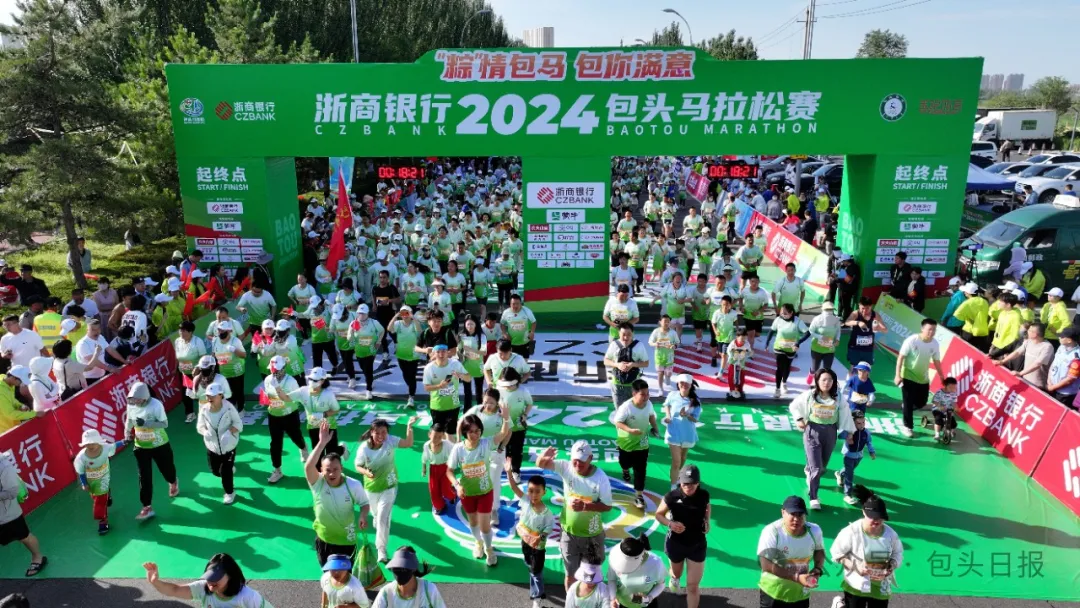
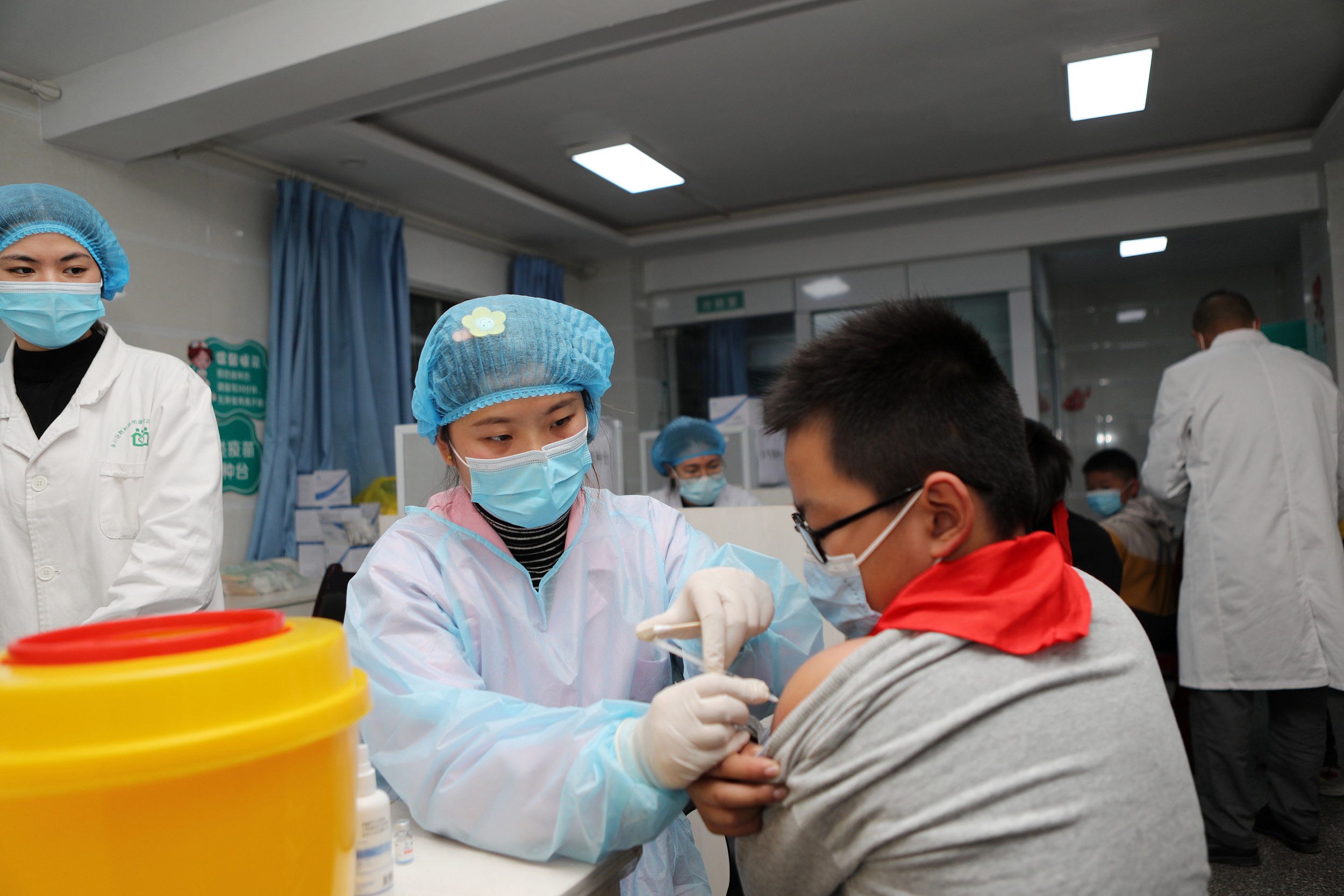
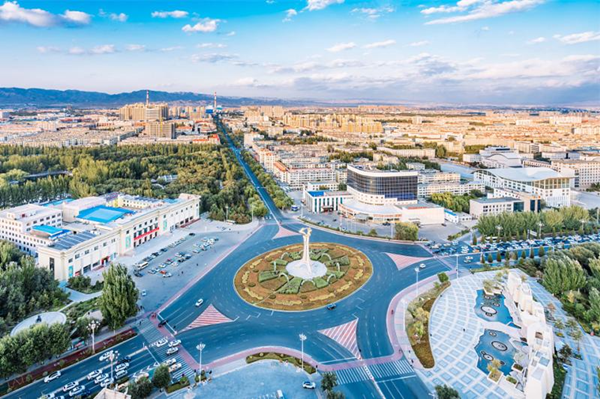

 Sketching and creation tour in Baotou
Sketching and creation tour in Baotou